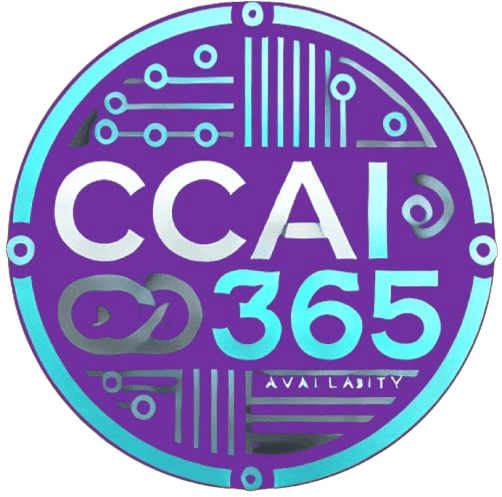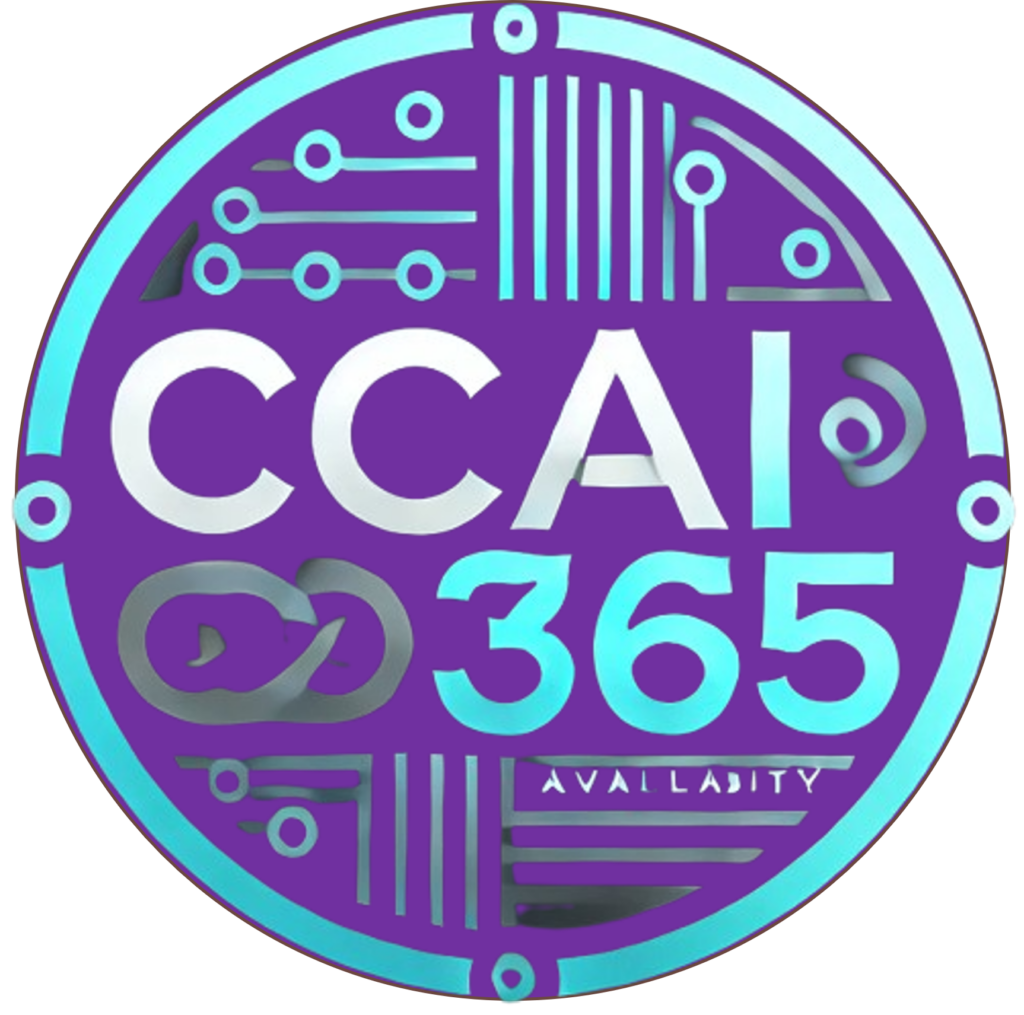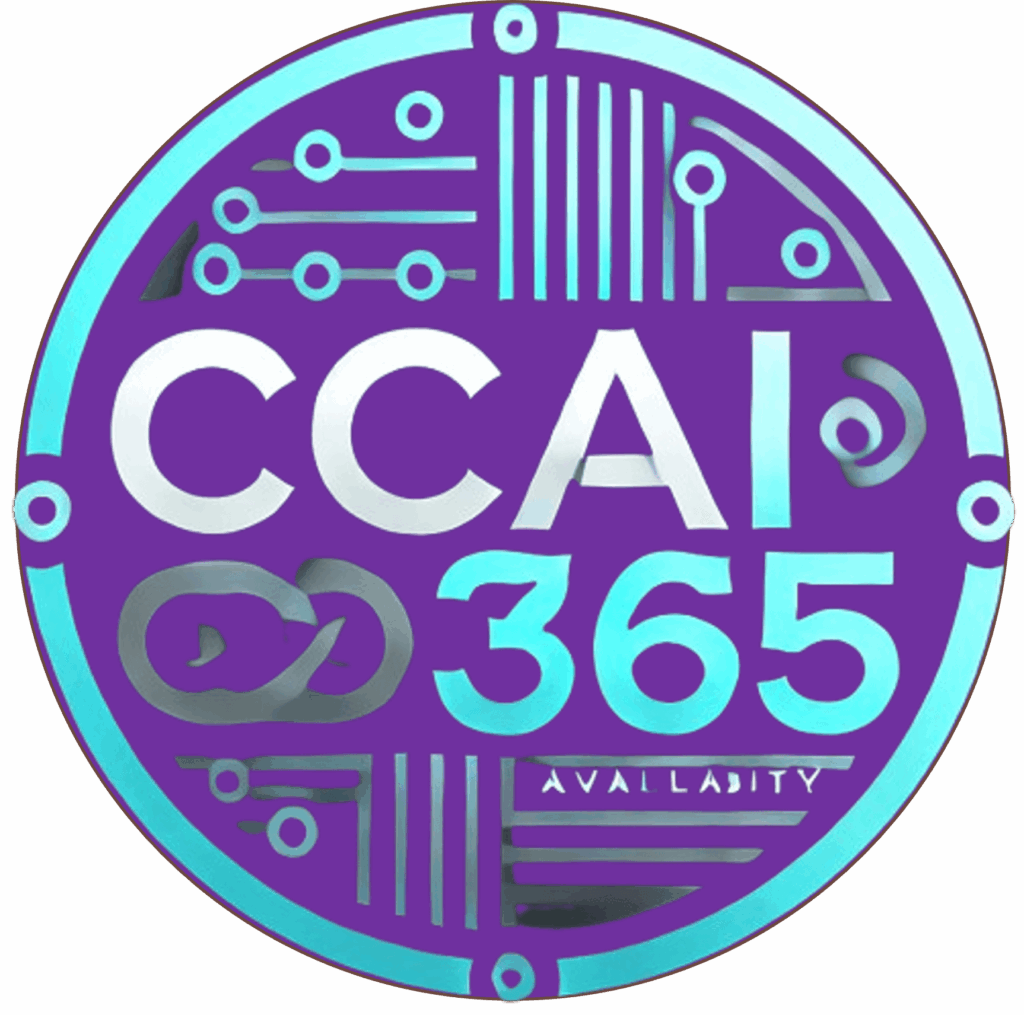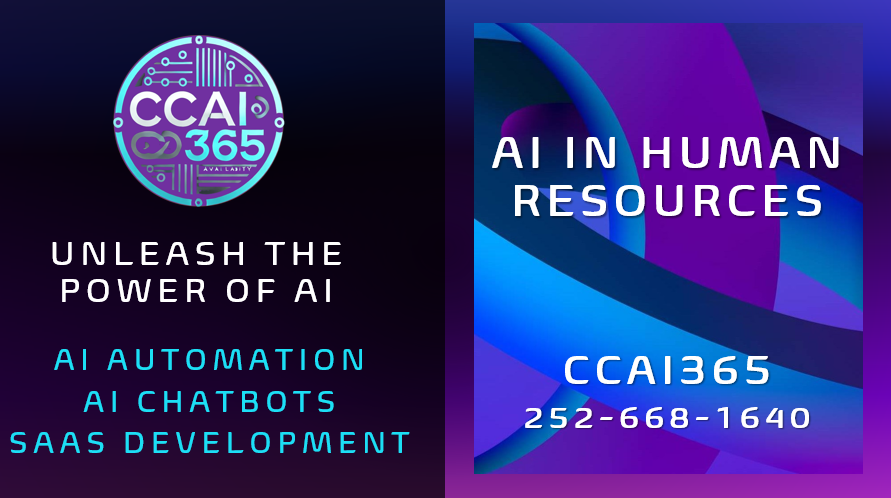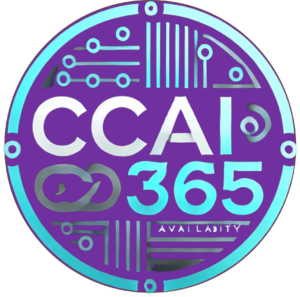
5 Brilliant Ways AI in Retail Is Transforming the Customer Experience for Good
Introduction to AI in Retail
The retail landscape is undergoing a seismic shift, and at the heart of this transformation is artificial intelligence. From predictive analytics to hyper-personalized experiences, AI in Retail is not just a trend; it’s a powerful force that’s reshaping how brands interact with their customers. For retail business owners, this isn’t just a technological upgrade—it’s a competitive necessity. Embracing AI in Retail means delivering smarter service, deeper insights, and unparalleled engagement that drives both loyalty and profit.
In this article, we’ll explore five groundbreaking ways AI in Retail is enhancing the customer experience, turning data into action, and building seamless, omnichannel interactions that today’s shoppers demand.
1. Predict What Shoppers Want: AI in Retail Is Revolutionizing Data Insights
In the age of digital commerce, data is the new currency. But data without direction is just noise. This is where AI in Retail steps in, transforming raw data into predictive gold. Through machine learning algorithms and advanced analytics, AI helps retailers anticipate customer needs even before they’re expressed.
Retailers today collect massive volumes of data from multiple touchpoints—web visits, purchase history, social media activity, loyalty programs, and even in-store behaviors. AI systems analyze this information at lightning speed to uncover trends, patterns, and preferences that would be impossible for human teams to detect in real-time.
For example, if a customer frequently browses skincare products online and has previously purchased natural beauty items in-store, AI can predict when they’re likely to repurchase and suggest relevant new arrivals. This insight fuels marketing strategies that are not only timely but also personally relevant.
Leading retail giants like Amazon, Sephora, and Walmart are already using AI-driven predictive analytics to optimize inventory, recommend products, and personalize promotions. However, this technology is increasingly accessible to smaller retailers through cloud-based AI solutions, making it a game-changer for businesses of all sizes.
The real brilliance of AI in Retail data insights lies in its continuous learning. As customer behavior evolves, so does the algorithm. That means your business stays in tune with your audience, ensuring that your recommendations, stock, and service offerings are always aligned with what your customers truly want.
2. AI in Retail Is Turning Customer Feedback into Instant Action
Feedback is a gift—but only if you can act on it quickly and effectively. Traditional feedback loops often involve manual reviews, delayed responses, and a reactive approach. With AI in Retail, customer feedback becomes a proactive tool for improving experiences in real-time.
Natural language processing (NLP) and sentiment analysis technologies enable AI to process vast volumes of customer reviews, survey responses, chatbot interactions, and social media mentions. These tools not only extract relevant insights but also detect the tone, urgency, and emotional undercurrents in customer communications.
Imagine a customer leaves a negative review about long checkout times. Instead of waiting for a manager to stumble upon it days later, AI alerts the store in real-time, allowing immediate intervention. Maybe that means adjusting staff levels or reconfiguring checkout stations. Either way, the problem is addressed proactively, often before the customer decides to shop elsewhere.
Some retailers are integrating AI into their customer service platforms to provide immediate resolutions. If a customer complains via email or chat, AI can suggest responses, issue refunds, or escalate to human support—all within seconds.
AI in Retail doesn’t just listen; it acts. And in a world where 32% of customers will walk away after just one bad experience, speed and responsiveness matter more than ever.
3. How AI in Retail Tracks and Responds to Changing Shopper Behaviors
Consumer behavior is more dynamic than ever. From economic shifts to emerging trends, preferences can pivot in an instant. AI in Retail allows businesses to adapt just as quickly, monitoring and responding to behavioral changes in real-time.
Retailers using AI can track everything from abandoned carts and product views to foot traffic and mobile app usage. This constant stream of data provides a comprehensive view of how customers interact with your brand across channels.
When behavior shifts—say, a sudden drop in sales for a product that was once a bestseller—AI doesn’t just highlight the anomaly. It investigates the cause. Was there a pricing change? Are competitors offering better deals? Has customer sentiment shifted due to a product flaw?
These insights allow retailers to pivot their strategy, whether that means adjusting pricing, updating marketing messaging, or refining inventory levels.
Additionally, AI in Retail can identify micro-trends before they become mainstream. By detecting early signals in consumer behavior, retailers can jump ahead of the competition, launching promotions or stocking new products at just the right time.
This adaptability builds trust with customers. When shoppers feel that a brand truly understands their needs—even as those needs evolve—they’re more likely to remain loyal and engaged.
4. Personal Touch at Scale: The CRM Revolution Powered by AI in Retail
Customer Relationship Management (CRM) has long been the cornerstone of retail success. But with thousands—or millions—of customers, creating personalized experiences at scale was once a pipe dream. Not anymore. AI in Retail is redefining CRM, making it smarter, faster, and deeply personal.
AI-enhanced CRM platforms consolidate customer data from every interaction point: website visits, social media, purchase history, support tickets, and more. With machine learning, the system continuously refines customer profiles, adapting to changing behaviors and preferences.
This enables highly personalized outreach—emails that suggest the exact product a customer was eyeing, mobile push notifications triggered by geolocation, or loyalty rewards based on individual spending habits.
Retailers like Starbucks and Nike are setting the bar with AI-driven CRM, delivering messages that feel tailored, timely, and relevant. But again, these capabilities are no longer limited to major brands. Many AI CRM platforms are now scalable and affordable for smaller retail businesses.
AI also enhances customer segmentation, allowing for campaigns that cater to niche groups within your customer base. Whether it’s first-time buyers, loyal VIPs, or lapsed customers, AI ensures each segment receives the right message at the right time.
By merging automation with empathy, AI in Retail allows brands to treat every customer like their most important customer—at scale.
5. AI in Retail Is Driving Consistency Across Omnichannel Experiences
Today’s consumers expect a seamless shopping experience across every channel—online, in-store, mobile, social, and beyond. AI in Retail is the engine behind true omnichannel integration, ensuring consistent and cohesive interactions no matter where or how a customer engages.
Retailers are using AI to synchronize inventory across physical and digital locations, provide unified customer service, and create cross-platform personalization. For example, a customer who browses a product on your app may receive a personalized email follow-up or see that product featured in their next in-store visit.
AI-powered chatbots and virtual assistants maintain conversation continuity, recognizing returning customers and building on previous interactions. Meanwhile, AI-driven recommendation engines remember a shopper’s preferences, regardless of device or platform.
This unified experience not only delights customers but also reduces friction. Whether a shopper is researching online, buying in-store, or returning via a mobile app, AI ensures they enjoy the same level of service and personalization.
Retailers that master omnichannel consistency with AI report higher conversion rates, stronger customer satisfaction, and increased brand loyalty. In fact, companies that prioritize omnichannel strategies retain an average of 89% of their customers—versus just 33% for those that don’t.
Conclusion
AI in Retail isn’t just changing the industry—it’s transforming the way customers experience brands. From predicting desires to responding instantly to feedback, adapting to behavior changes, personalizing at scale, and unifying every interaction, AI empowers retailers to deliver better service, stronger relationships, and more meaningful engagement.
For retail business owners, the message is clear: embracing AI is no longer optional—it’s essential.
Contact CCAi365 today at 252-668-1640 to see how AI can revolutionize your Retail Business!
